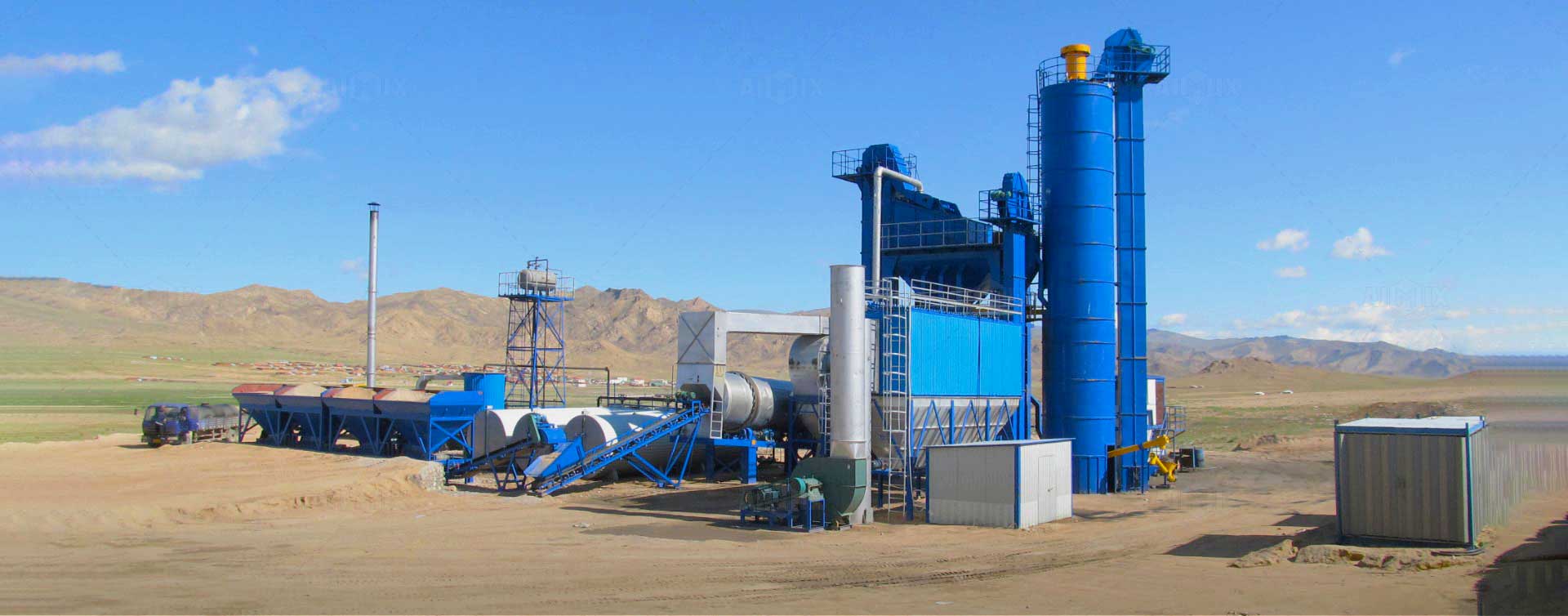When managing road construction projects, efficiency and flexibility are key to staying on schedule. Many project managers wonder if a mobile asphalt plant with an 80 tons per hour (TPH) output can support two paving teams working at separate locations at the same time. This is a crucial question for road contractors who aim to maximize productivity while minimizing operational risks and delays. In this article, we will explore whether an 80 TPH mobile asphalt plant for sale can meet this challenge and how to evaluate the best solution for your projects.
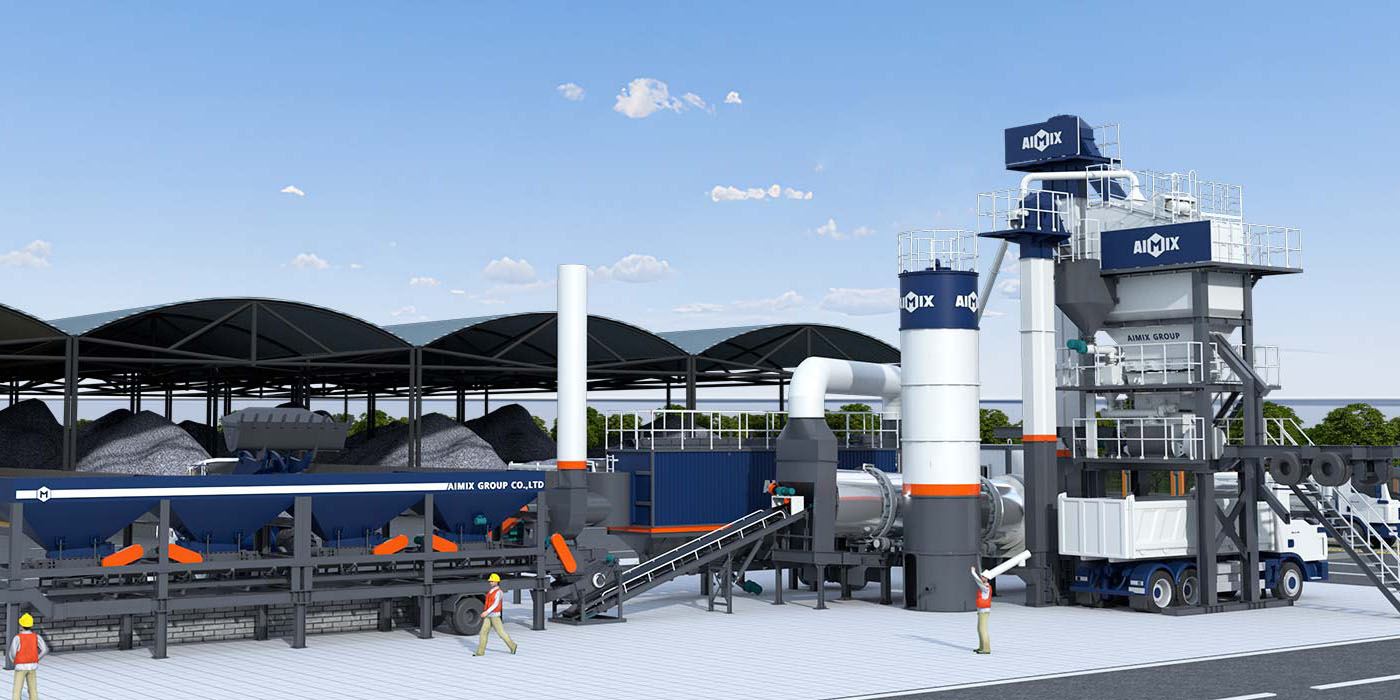
Understanding the Requirements of Two Simultaneous Paving Teams
Before deciding whether an 80 TPH portbale asphalt plant for sale is suitable, it is important to understand the daily asphalt consumption of each paving team. Generally, the asphalt demand per paving team depends on the paving width, paving thickness, paving speed, and working hours.
For example, if one paving team consumes around 30-40 TPH continuously, two teams would require about 60-80 TPH in total. However, this calculation assumes steady, uninterrupted paving. In real-world conditions, the paving process is not perfectly continuous. Transport distances, waiting times, and temporary stops often lower the actual demand.
Balancing Supply and Paving Rhythm
When two paving teams work at different sites, the plant must supply enough asphalt without causing delays at either site. In practice, an 80 TPH mobile asphalt plant can usually manage this, but the key lies in proper scheduling and logistics. When asphalt trucks rotate efficiently and the paving pace at both sites is well-managed, the plant can keep up.
On the other hand, if one site suddenly requires more material or if transport distances are long, the plant may struggle to maintain stable supply for both teams. This highlights the importance of considering not just plant capacity but also the whole logistics system.
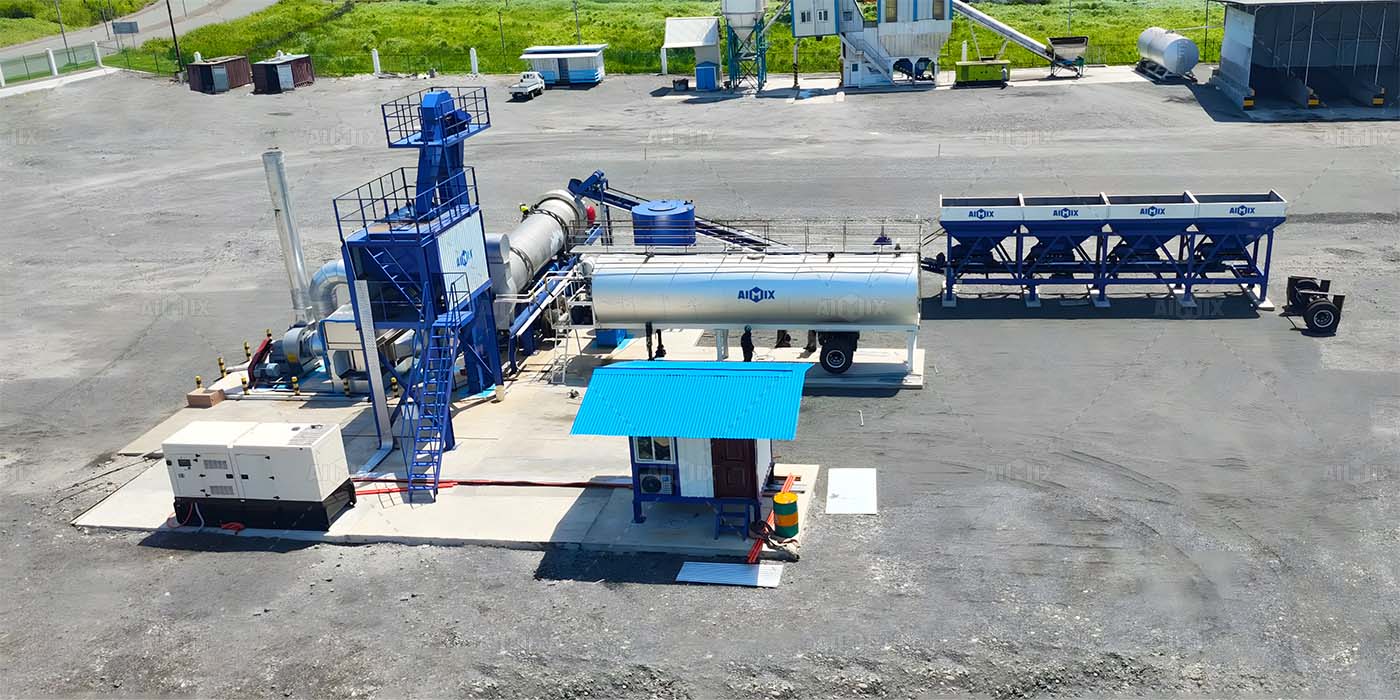
Key Factors That Influence the Decision
Several practical factors can help determine whether an 80 TPH mobile type asphalt plant is enough for your specific project:
1. Distance Between the Plant and Paving Sites
The farther the plant is from the paving sites, the longer the asphalt delivery cycle. If both paving sites are close to the plant, the truck rotation can be quick, making it easier to support both teams. But if the sites are far apart, delivery delays may cause the paving teams to stop and wait.
2. Asphalt Truck Fleet Size
Having enough asphalt transport trucks is crucial. If truck availability is limited, the plant’s output cannot be fully utilized. A well-planned fleet can help balance the supply to both sites, even when distances vary.
3. Paving Team Capacity and Work Speed
Some paving teams work faster than others. If both teams are highly efficient and have high paving speeds, they will need more asphalt in a shorter time. It is essential to calculate the realistic paving speed of each team to match the plant’s production rate.
4. Type of Asphalt Mix
Different asphalt mixes may require different production times and temperatures. If the two sites use different mixes, this could slow down the plant’s overall output. In contrast, if both sites use the same asphalt mix, production and supply become more efficient.
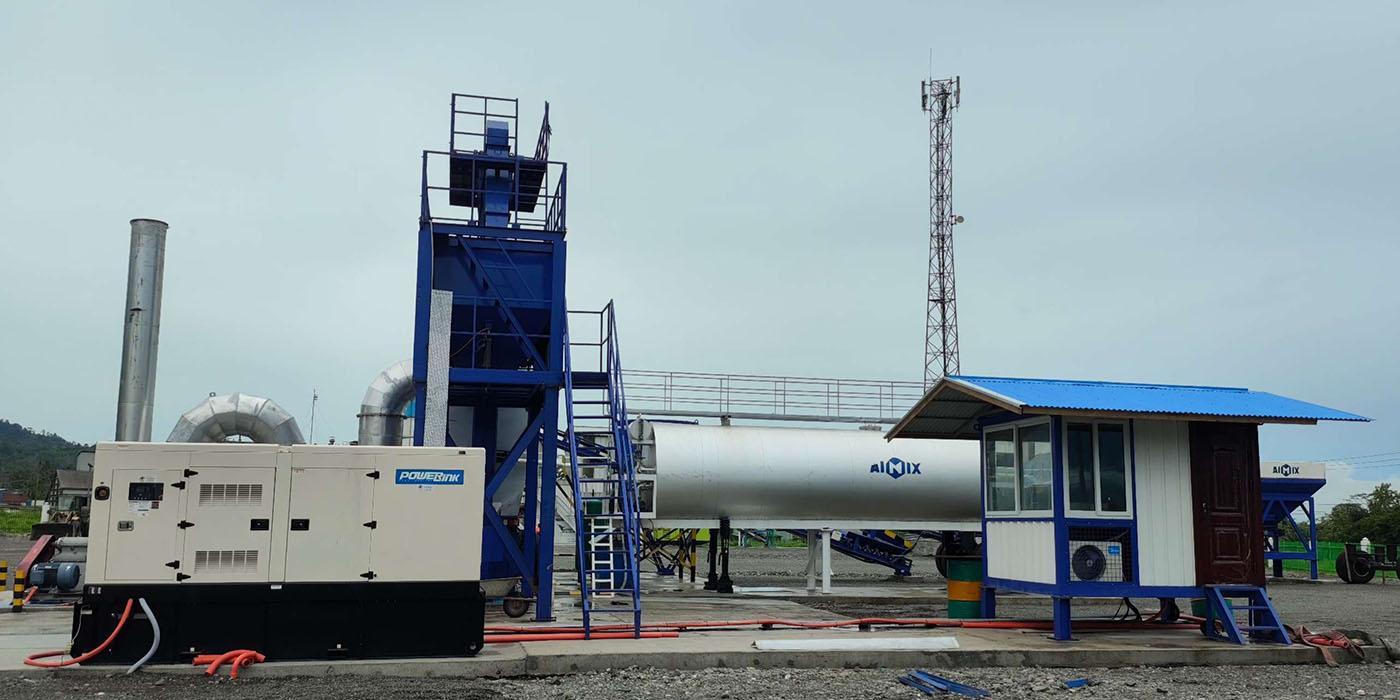
How to Maximize the Potential of an 80 TPH Mobile Asphalt Plant
While an 80 TPH mobile asphalt plant can generally handle two teams in mid-size projects, some strategies can further optimize performance:
- Position the plant at a central location to minimize travel time to both sites.
- Use insulated asphalt transport trucks to maintain asphalt quality over longer distances.
- Carefully plan truck rotation schedules to prevent bottlenecks.
- Coordinate work hours between the two sites to avoid peak demand at the same time.
- Monitor paving speeds closely and adjust plant output if needed.
By applying these methods, you can maximize the efficiency of your asphalt supply and reduce the risk of downtime at the paving sites.
When Should You Consider a Higher Capacity Plant?
In some cases, an 80 TPH mobile aspal mixing plant may not be sufficient. If you are dealing with large highway projects, heavy-duty paving with thick asphalt layers, or long transport distances, a higher capacity mobile or stationary plant may be a better choice. Evaluating your project scale, paving team efficiency, and transportation limits will help you decide whether to upgrade.
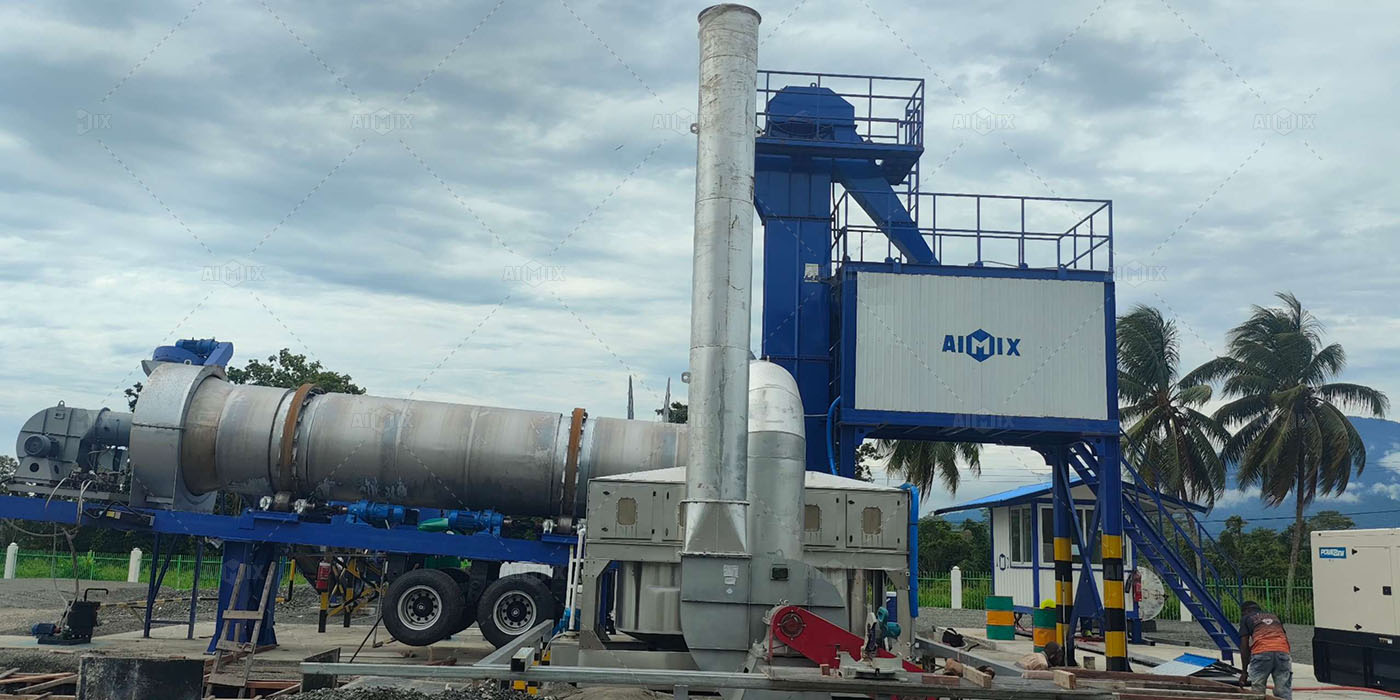
Conclusion: Choosing the Right Asphalt Plant for Your Project
In summary, a mobile asphalt plant with an 80 TPH output can generally meet the needs of two paving teams working on different sites, provided the logistics, transport distances, and paving speeds are well planned. It is not only about the plant’s capacity but also about how efficiently the entire supply chain is managed.
If you are unsure whether an 80 TPH mobile plant is right for your project, our team at AIMIX can help. We offer tailored solutions based on your project’s size, location, and daily asphalt demand. We can also provide local support and fast delivery across Indonesia.
Contact us today to discuss your project and find the best mobile asphalt plant solution for your paving teams!

